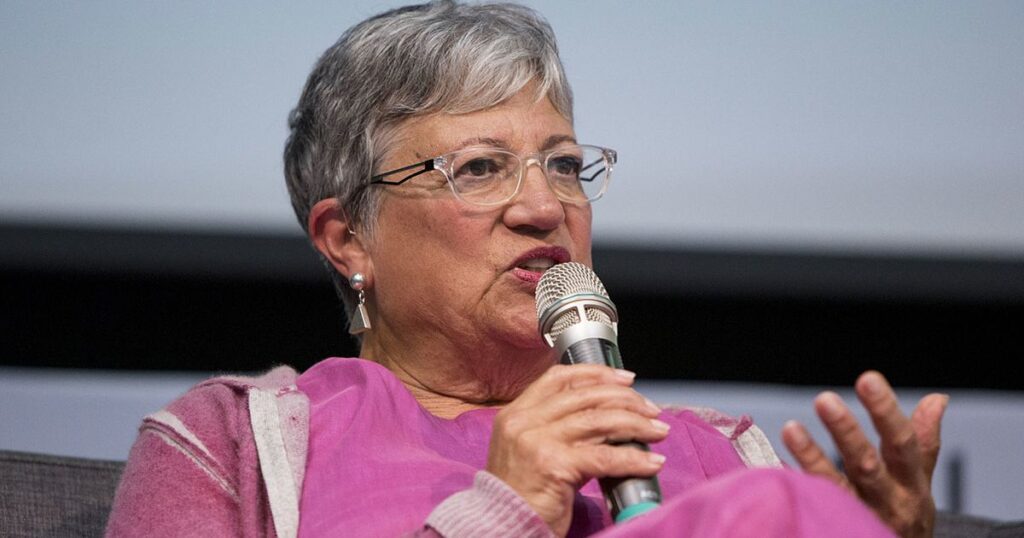Summary
A: California’s capacity to set its own emissions standards for motor vehicles and associated fuels is critical to the state’s overall approach to addressing air pollution and climate change. It is at the heart of what has enabled us to advance, be innovative, and develop initiatives that have pushed technology to new heights, often leading the globe and industry into previously unimaginable areas.
What happens now that authority has been restored?
Even before we knew the judgement would be final or the precise day on which it would occur, the employees at the Air Resources Board had been discussing their options. It is not something that has been stashed away in a drawer. It’s been an extremely transparent procedure. As a result, I believe you’ll see increased, more rapid activity on that front.
With Gov. Gavin Newsom’s zero-emissions executive order setting targets for 2035 and the way 16 other states are following California’s lead, would it be too far-fetched to assert that California’s restoration of authority heralds the end of the internal combustion engine?
Internal combustion engines have shown to be extremely robust. I’ve been around long enough to recall when the original federal Clean Air Act was approved in 1970, and as a lawyer, I had reason to examine the law’s legislative history. You may be shocked to learn that Congress believed the internal combustion engine would be incompatible with achieving federal health standards in 1970. As a result, they designed language assuming that internal combustion engines will cease to exist by 1975, or at the latest 1977 with an extension.
What role does the government play in promoting, incentivizing, and mandating the transition to battery-electric vehicles? Or do you prefer zero-emission technology?
I’m delighted you corrected yourself there, because I believe the goal should be zero emissions. At this point, the battery-electric vehicle has emerged as the clear winner, at least in terms of light-duty trucks and passenger vehicles. We observe that the industry continues to be interested in and committed to hydrogen fuel cell vehicles. Generally, we avoid prescribing the specific technology that will be used, because it has become evident through time that the goal is to go to zero. Our engineers and scientists’ ingenuity is such that we cannot predict precisely how that aim will be accomplished.
You and Jim Farley, CEO of Ford Motor Company, co-chair the Coalition for Reimagined Mobility. How is it to work with him?
He is a truly remarkable man. He is a vehicle enthusiast and a race car driver, as seen by the company’s photographs of him racing, and he is clearly at ease in that world. At the same time, if you engage him in talk about electric automobiles, you rapidly enter the area of what the future workforce will look like and what job will entail. It extends far beyond the product.
What are the coalition’s objectives?
The coalition is a project of Securing America’s Future Energy, a nongovernmental group that has long taken a global view of energy and transportation from a national security standpoint. They emphasise on the hazards and perils associated with petroleum dependence, which, of course, encompasses much of what is currently in the news.
The coalition was formed to bring together executives from diverse sectors of the transportation business from across the world. Not just passenger vehicles, but also freight, which is increasingly regarded as accounting for at least half of transportation’s emissions profile. We’re seeking to build consensus across a diverse variety of stakeholder groups with an interest in transportation on how to make the entire system more effective, fair, and equitable for people. That is our objective.
You mentioned energy, which has been in the headlines recently, and clearly, fuel prices are substantially higher right now. Is that considered a crisis? Or is there a potential to use this as a catalyst for the development of alternative modes of propulsion, so expediting some of the changes you’ve mentioned?
That is the essential question. Others of us who support action to cut emissions are hopeful that we may persuade those who have been hesitant to make adjustments or support change that this is truly necessary for economic and global responsibility reasons.
Much will rely on how political leaders and the general people react to this. Do they perceive this as a case of foreign powers manipulating the market, which we should fight back against in order to bring prices back down to manageable levels? Or should we attempt to reduce the immediate impact to people’s wallets while avoiding continued reliance on this very unsustainable product?
